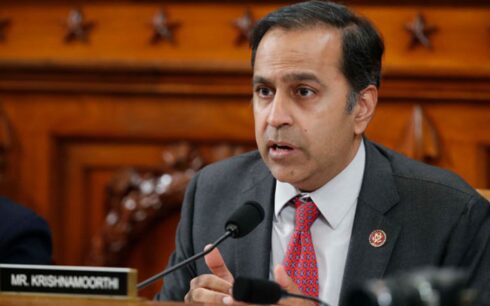The first round of the university entrance exam took place on Thursday in eleven provinces of the country, but girls were denied the opportunity to apply for the national test, resulting in their absence from the exams. This exclusion has left them upset and deeply concerned about their future prospects for higher education.
This marks the first time in over two decades that the university entrance exam, a critical pathway to higher education for many young individuals, has been held without the presence of female students.
The exam was administered in Ghor, Faryab, Bamiyan, Sar-e-Pul, Jawzjan, Daikundi, Takhar, Logar, Baghlan, Paktia, and Khost provinces. However, it is worth noting that the exam is yet to be held in Kabul, where the highest number of participants is expected.
The Taliban’s ban on female students attending universities since last December, coupled with the prolonged closure of secondary schools for girls, has elicited widespread criticism. Girls who aspired to pursue higher education now find themselves grappling with uncertainty and profound disappointment.
Laila, a high school graduate from Bamiyan, candidly expressed her frustration, saying, “We feel like our dreams are shattered.”
The Taliban has justified their decision to close the doors of universities to girls, citing the lack of suitable sharia conditions in coeducational settings.
Shakiba, another high school graduate from Bamiyan, missed the university entrance exam due to the Taliban’s ban, articulated her disappointment and voiced concerns about her future prospects.
Previously, Nawid Noori, the head of the Taliban Examinations Office, disclosed that at least 7,000 students from religious schools would participate in this year’s exam.
The university entrance exam is set to span five stages and is expected to involve nearly 100,000 applicants.
Despite efforts to seek answers from the Taliban members in the Ministry of Education and Higher Education regarding the absence of female students in the exam, no response was provided to Amu’s inquiry.





